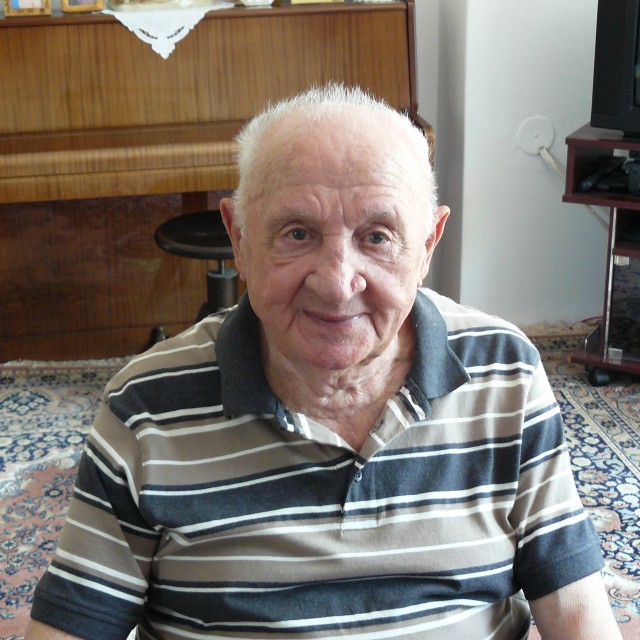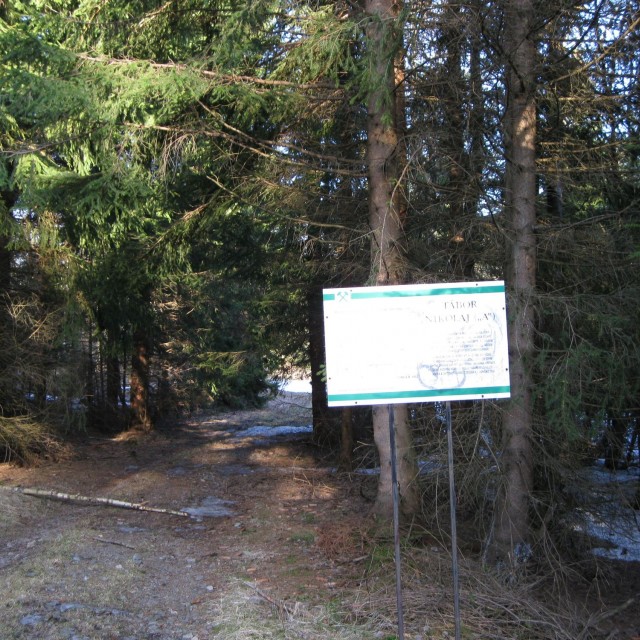Dreadful Hunger in All of the Labour Camps
The communist regime didn’t allow Ján Brichta to become a priest. Therefore, he tried to reach his only dream behind the Czechoslovak borders. His attempt, joined by other students and priests, however, was halted by a swollen Morava River in April 1951. On the way back from the borders, almost whole group of runaways was detained by members of the Border Guard. After months of cruel interrogations, in February 1952 Ján finally heard his verdict – fifteen years of imprisonment. After a few weeks in Ilava prison he was moved to Jáchymov, to a camp called “Dvanáctka,” (“Number Twelve”). “The situation was really difficult, truly unbearable, but there was no help. We had to handle it,” he recalled. For five days they would get only one-kilo loaf of bread and thus it was not surprising when there were many food thefts between the prisoners. In December 1952, Ján was transported to the camp Nikolaj, where he had to face the everyday hard work in insufferable conditions without any claim to rest. “There was a great hunger in the camp Nikolaj. There was a terrible hunger in all of the labour camps, because people didn’t get normal food... For dinner we would get only two or three potatoes and a little bit of sauerkraut - that was all. This was the way we lived. Of course, when the doctor saw me, I weighed 48 kilograms,” he recalled. However, he tried to compensate the physical scarcity by his spiritual growth as much as the camp conditions allowed it. He secretly studied classical German literature, which was being lectured by one of his co-prisoners: “Every evening we used to listen to him for one or two hours. There was always somebody outside watching, if there weren’t any guards, so that we knew when to pack everything up and part. I wrote down 22 exercise books out of these lectures. We hid it under the ground in that barrack where we lived.” Ján spent two years in the camp Nikolaj, but he had to wait four more years for his untimely release in 1958.
Hodnocení
Hodnotilo 0 lidí
Routes
Comments
No comments yet.




